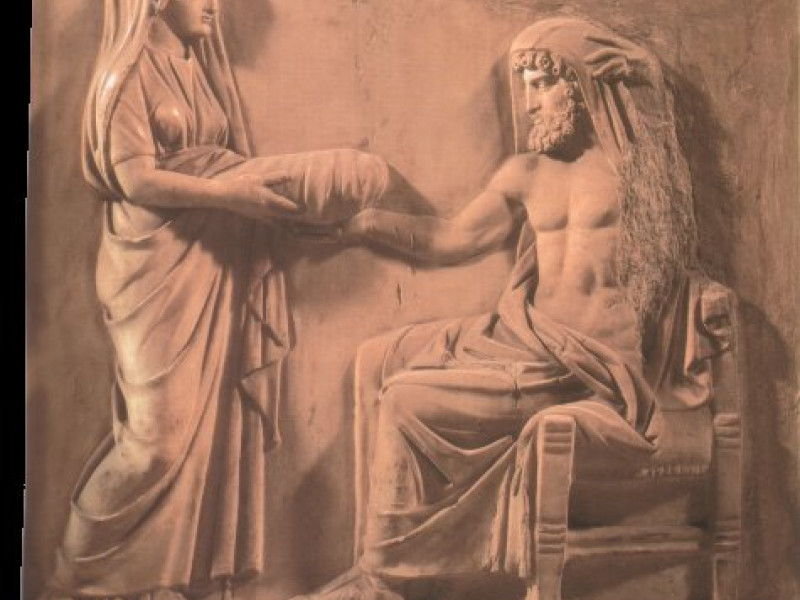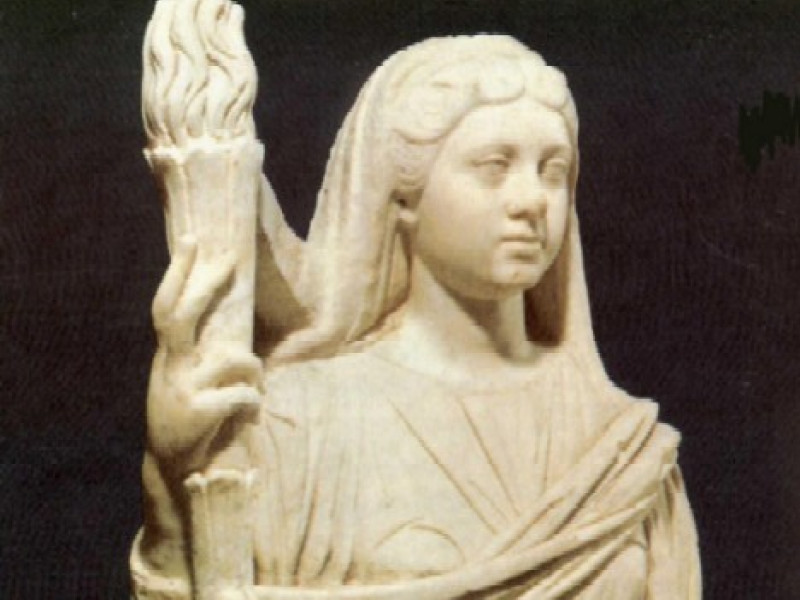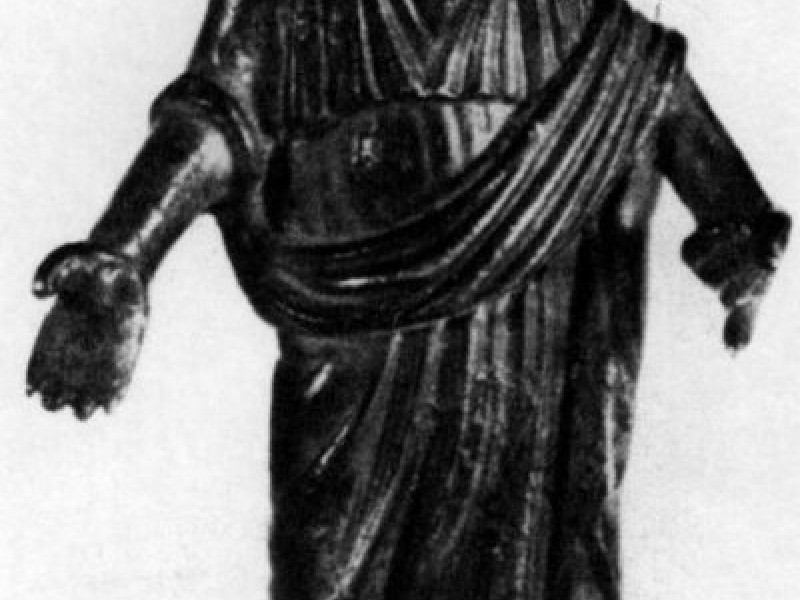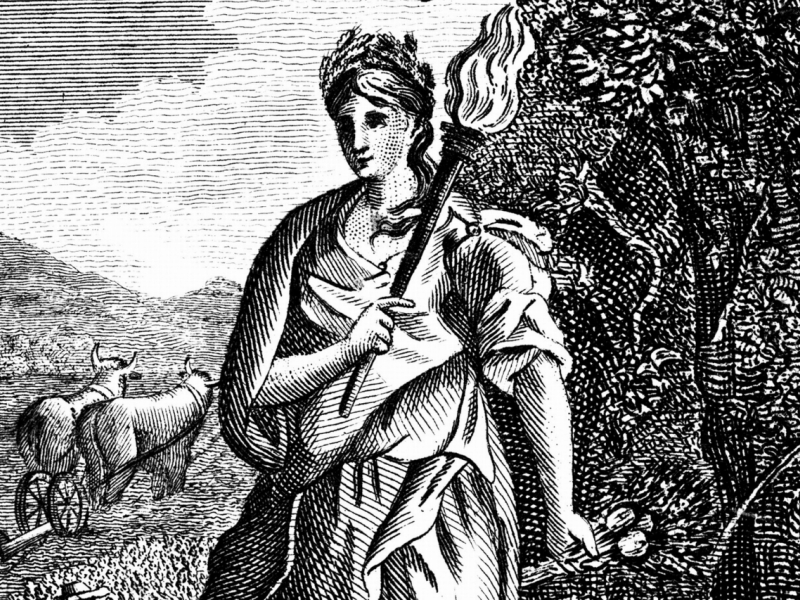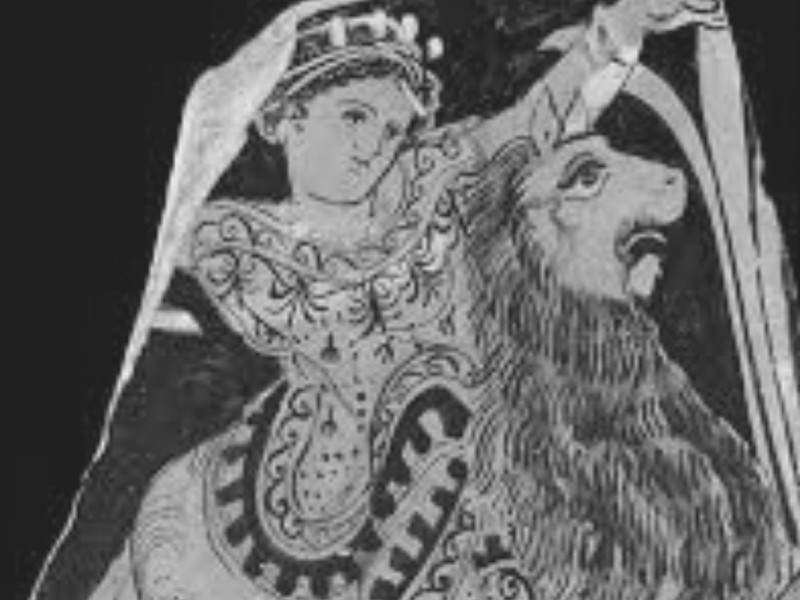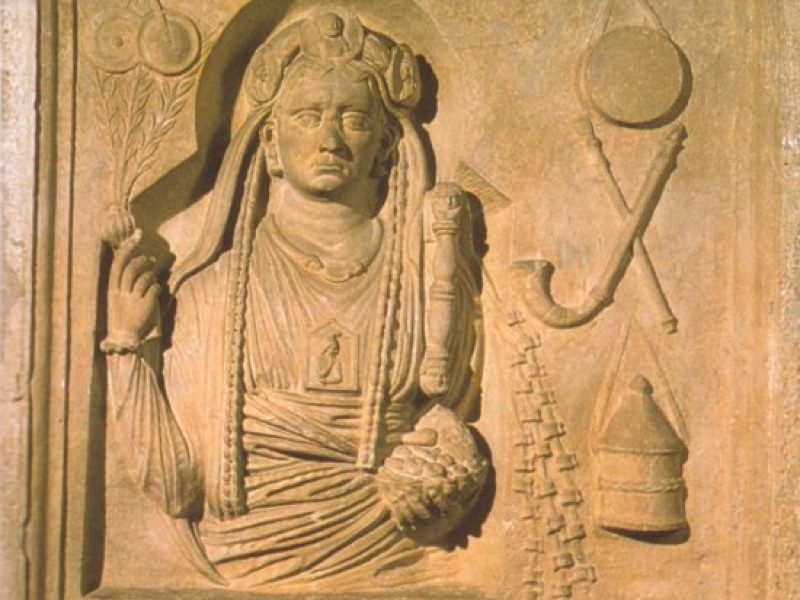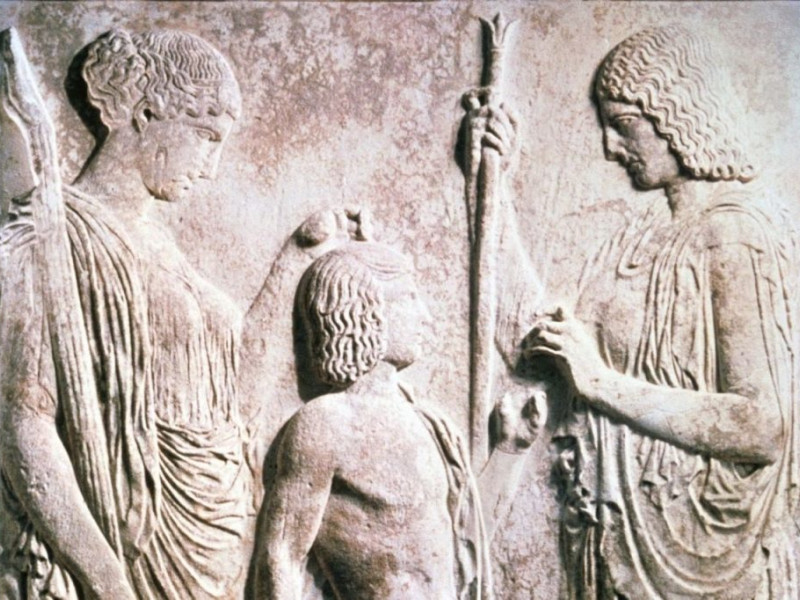Ops
Ops was the Roman goddess of plenty. Ops was probably a mother-goddess and the goddess of fertility. As the goddess of the harvest, Ops was worshipped by the early Romans, along with the chthonian god Consus in a temple called Regia. Her festival Opiconsivia was held on August 25 and Opalia on December 19.
Ops was later identified with the Greek goddess Rhea, and she was a wife of Saturn (Cronus). Like in the Greek myths, she was the mother of the Roman Olympians.
By Jimmy Joe

